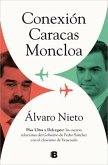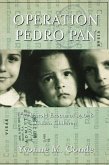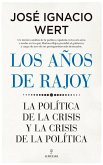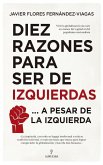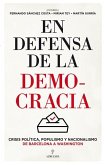Signs and traits converge in Pedro Sánchez's political personality that suggest a narcissistic syndrome, which influences and conditions his particular style of governance. While narcissism in its proper measure can strengthen personal self-esteem, in excess it can become detrimental. The author of this essay argues that President Sánchez's personality is closely linked to the phenomenon of social populism that currently defines the Spanish political landscape, characterized by a political polarization promoted by the government. In social populism, the leader's will is the only source of legitimacy, subject neither to the law nor to the general interest. The political framework conceived by Pedro Sánchez and his close circle constitutes a politically effective but democratically damaging artifact. This essay seeks to investigate the causes and motives that have led to the democratic involution of Spain's peculiar government. The use of the "social shield" as a cover for populist policies is the core of social-populism, whose main purpose is the perpetuation in power.
Hinweis: Dieser Artikel kann nur an eine deutsche Lieferadresse ausgeliefert werden.
Hinweis: Dieser Artikel kann nur an eine deutsche Lieferadresse ausgeliefert werden.


